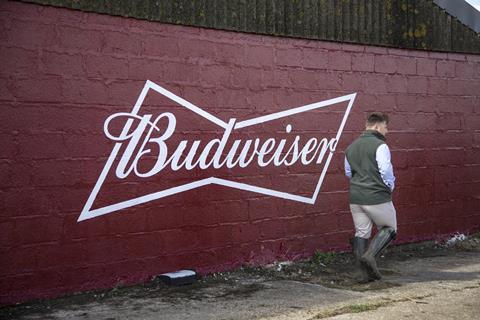
Profits surged at AB InBev in the third quarter of 2017 as the brewing behemoth sold less beer but at a higher price.
Revenues grew 3.6% to $14.7bn, while total volumes fell 1.2%, which the Budweiser owner said was impacted by the hurricanes that have battered the US and the Caribbean over recent months. EBITDA grew 13.8%, driven by revenue growth and “continued synergy capture”, it said.
In the UK, the brewer “continued to deliver double-digit top-line growth”, thanks to a “strong” commercial performance. Its brands were “having a big impact on the core lager category, which is now back in growth”, said northern Europe president Jason Warner. “The rest of the year will be important for the UK as we continue to focus on growing the category.”
Across Europe, the Stella Artois maker achieved “market share gains in most of our markets”, although eastern European revenues declined by “low single digits” in the wake of Russia’s PET bottle ban.
But the company faced challenges in the US where, despite the “mitigating” factor of the hurricanes, Bud and Bud Light’s market share declined by 45 and 95 basis points over the quarter respectively, with the business estimating a decline in total market share of approximately 80 basis points for the quarter. However, this was a “sequential improvement” on Q2, it said.
In Brazil, another key market for the brewer, revenues grew 8.6% despite a 5.4% slump in volumes. This was affected by “an industry that is still in recovery” and that the previous year’s price increases had been delayed until the fourth quarter, creating a “difficult comparable”. However, AB InBev was “cautiously optimistic” about the Brazilian economy and “confident” in its commercial plans for the region.
Meanwhile, it reported synergies and cost savings of $336m for the quarter in the wake of its ‘megabrew’ takeover of SAB Miller last year, with the deal now expected to save $3.2bn by October 2020.
The increase in synergies was “impressive”, said Bernstein analyst Trevor Stirling, calling it “more than we had expected they could deliver”.
The group was “significantly more profitable than peers on an EBIT/hectolitre basis”, said Liberum analysts. “AB InBev has durable competitive advantages with its efficient distribution network, a broad emerging market footprint and a powerful portfolio of local champions and global brands.”



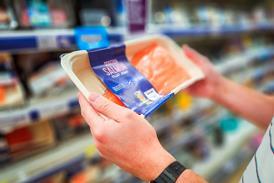
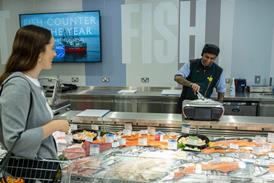


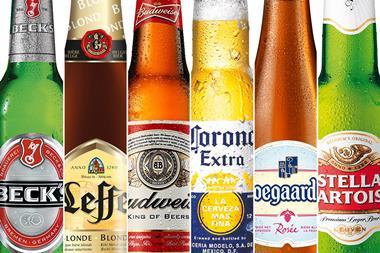
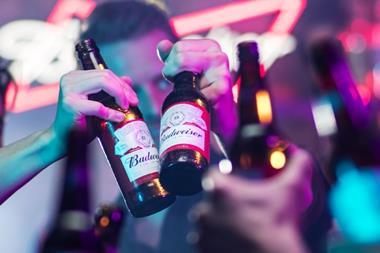
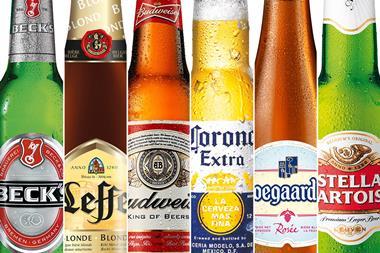
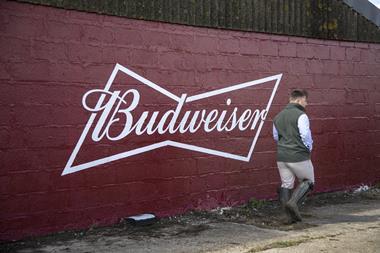
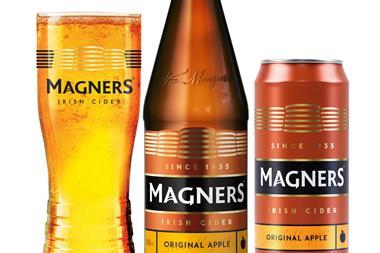
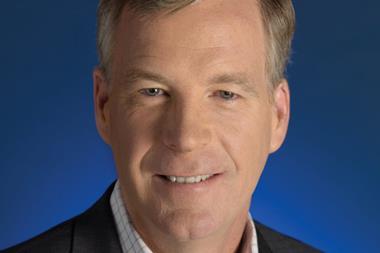



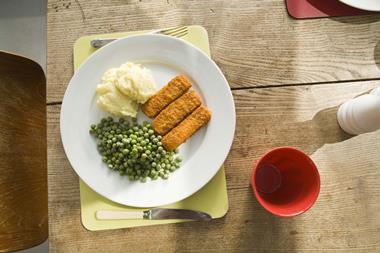
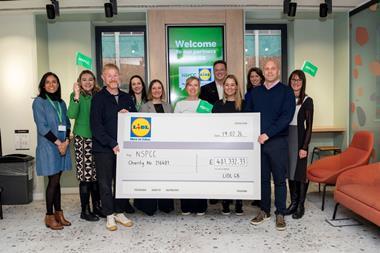
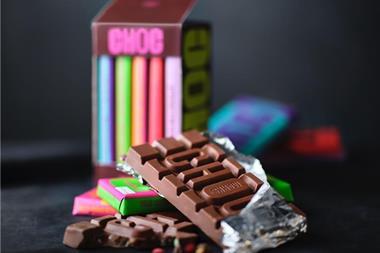
No comments yet